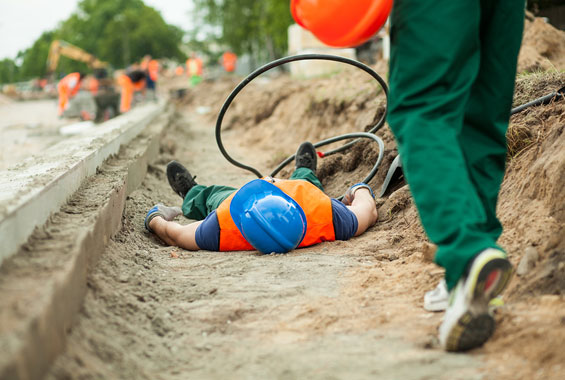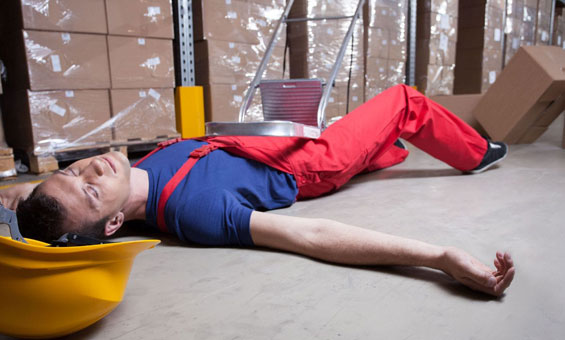Normally, an accident that occurs at work is limited to what may be available through the workers compensation system as the exclusive remedy. The analysis, however, should not stop there. Often third parties can also be liable for the injuries you have suffered. In addition, there are scenarios in which your employee may also be liable outside of workers compensation.

There are a few situations in which an employer could be held responsible for an employee accident not covered by workers compensation as an exclusive remedy, which is often far less than full compensation permitted under normal tort law principles.
Employers may be sued for tort damages by their employees if they failed to obtain workers compensation insurance. Under this scenario, an employment-related injury is presumed to result from the employer’s negligence, shifting the burden of proof to the employer to prove lack of negligence to avoid liability. The employer is stripped of comparative negligence, assumption of the risk, and co-employee negligence defenses. Plaintiff also may collect reasonable attorney fees fixed by the court. An employer’s failure to secure workers’ comp insurance is also punishable as a misdemeanor.

The power press exception authorizes an employee to sue their employer where their injury or death is proximately caused by the employer’s knowing removal of, or knowing failure to install, a point of operation guard on a power press, and this removal or failure to install is known by the employer to create a probability of serious injury or death. There is no liability absent evidence that the manufacture required or otherwise provided by specification for the attachment of guards on the power press. A “power press” is defined as a material-forming machine that utilizes a die designed for the manufacture of other products. Notably, a machine that simply had a cutting head, like a saw, is not by definition a power press.

An exception to the exclusivity of workers’ compensation only arises where the employer has been expressly informed by the manufacturer that a point of operation guard is required, the employer understands the absence of a guard creates a probability of serious injury or death to is employee, and nevertheless either: a) affirmatively removes it; b) or fails to install such a guard despite knowing one should be present.
Any third-party who is not the employer of the victim can be liable for injuries suffered at work. The most common example of when this scenario arises is where a product designed, manufactured, maintained and installed by someone other than the employer causes injury to the employee. There could also be liability against a premises owner for an employee injured on a job site such as pizza delivery driver rear-ended by another inattentive vehicle on the roadway.
Even an employer who hires an independent contractor may be liable for injuries to the employee of the independent contractor if the hirer not only retained control over safety conditions at the worksite, but also negligently and affirmatively exercises its control that contribute to the employee’s injuries. Affirmative contribution does not always need to be in the form of actively directing a contractor or contractor’s employee. Sometimes, a hirer will be liable for its omissions to act. For example, if the hirer promises to undertake a particular safety measure, then the hirer’s negligent failure to do so should result in liability if such negligence leads to an employee injury. Imposing tort liability turns on whether the hirer exercised that retained control in a manner that affirmatively contributed to the injury.
Navigation the various ins-and-outs surrounding whether an employee’s exclusive remedy is bound by workers compensation requires legal knowledge, insight and understanding to the maze of exceptions that apply. Hiring a workplace injury lawyer who knows this area is the only way to determine if you have a right of recovery. All it takes is one call to see what we can do for you.
